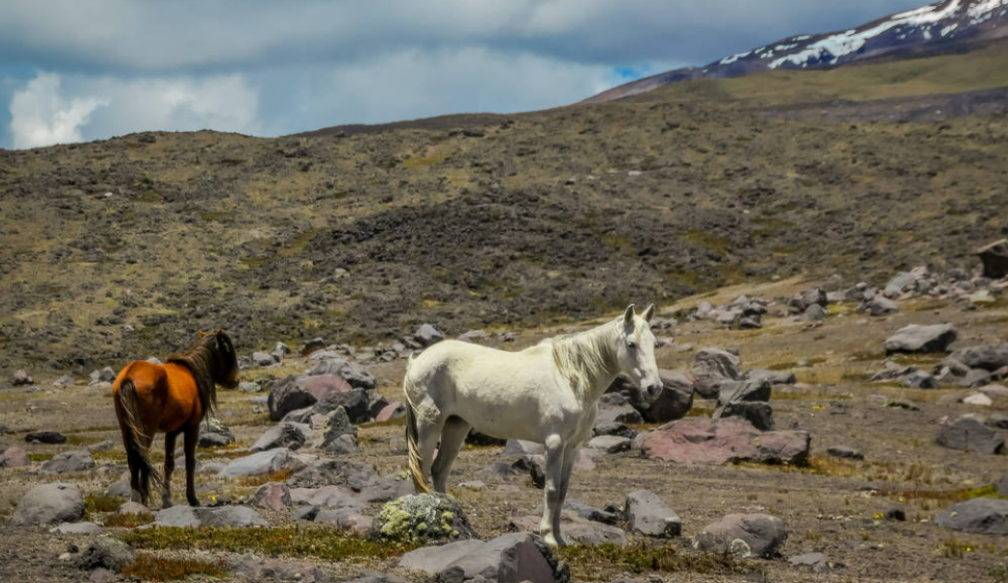How do Horses Weight Gain?

The average weight gain for a horse is between 1 and 2 pounds per day. However, there are many factors that can affect a horse's weight gain, including age, breed, activity level, and diet. Therefore, it is important to consult with a veterinarian or equine nutritionist to determine the best horse feed for weight gain.
If you're wondering if your horse is overweight, there are a few telltale signs. First, take a look at your horse's ribs. If you can't feel them when you run your hand along their side, your horse is likely carrying too much weight. Another way to tell if your horse is overweight is to look at their neck. If there is excess skin hanging down, or if the neck seems thick and muscular, your horse is likely carrying too much weight. Finally, take a look at your horse's hooves. If they seem to be sinking into the ground or if the hooves are excessively dry, your horse is likely carrying too much weight.
If you suspect your horse is overweight, talk to your veterinarian about tailored nutrition plans and consider adding quality horse supplements nz to support overall health. They can help you create a weight loss plan that is safe for your horse.
There are many health risks associated with being overweight.If you suspect your horse is overweight, talk to your veterinarian about tailored nutrition plans and consider adding quality horse supplements nz to support overall health.These risks include high blood pressure, high cholesterol, type 2 diabetes, sleep apnea, and joint problems. Being overweight also increases your risk of heart disease, stroke, and some types of cancer.
The good news is that even small changes can make a big difference in your health. Losing just 5 to 10 percent of your body weight can lower your blood pressure, improve your cholesterol levels, and help prevent type 2 diabetes.
If you’re struggling to lose weight, talk to your doctor or a registered dietitian. They can help you create a plan that fits your lifestyle and may even refer you to a weight-loss program.
Steps to take to help an overweight horse
If your horse is overweight, there are some simple steps you can take to help them slim down.
First, take a look at their diet. If they are eating too much, or eating high-calorie foods, cut back on their portions or switch to a lower-calorie diet.
Next, increase their exercise. If your horse isn’t getting enough exercise, they are more likely to be overweight. Try adding some extra time to their daily turnout, or adding in some light exercise like walking or trotting.
Finally, monitor their weight. Weigh your horse regularly, and keep track of their weight loss or gain. This will help you know if your weight loss plan is working, and if you need to make any changes.
If you follow these steps, you should see your horse start to lose weight. However, if your horse is extremely overweight, it’s best to consult your vet for a weight loss plan that is tailored to your horse.

